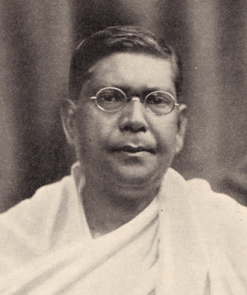A Quote by Andrew Ng
The true value proposition of education is employment.
Quote Topics
Related Quotes
The real difficulty is that people have no idea of what education truly is. We assess the value of education in the same manner as we assess the value of land or of shares in the stock-exchange market. We want to provide only such education as would enable the student to earn more. We hardly give any thought to the improvement of the character of the educated. The girls, we say, do not have to earn; so why should they be educated? As long as such ideas persist there is no hope of our ever knowing the true value of education.
It is more important that a proposition be interesting than that it be true. This statement is almost a tautology. For the energy of operation of a proposition in an occasion of experience is its interest and is its importance. But of course a true proposition is more apt to be interesting than a false one.
Pure mathematics consists entirely of assertions to the effect that, if such and such a proposition is true of anything, then suchand such another proposition is true of that thing.... Thus mathematics may be defined as the subject in which we never know what we are talking about, nor whether what we are saying is true.
There is no such thing as educational value in the abstract. The notion that some subjects and methods and that acquaintance with certain facts and truths possess educational value in and of themselves is the reason why traditional education reduced the material of education so largely to a diet of predigested materials.
Federal transfers are not even a zero-sum proposition; they are a negative-sum proposition, leaking value at every step of the way, thanks to the costs of collecting federal tax dollars, then trickling them back out to the states' own costly bureaucracies via federal paper-pushers who write and oversee grant programs.
In the days of Ram Mohan Roy when English education was introduced in this country, the Mahomedans did not accept it... They did not accept English education and at the same time they were divorced from the culture which their fathers had advanced. The result was that whereas the Hindus got on in life, got into government employment, got many things which people value in life, the Mahomedans were left without it and gradually there came to be a sort of estrangement between the two nationalities at the time of the Swadeshi movement.




































